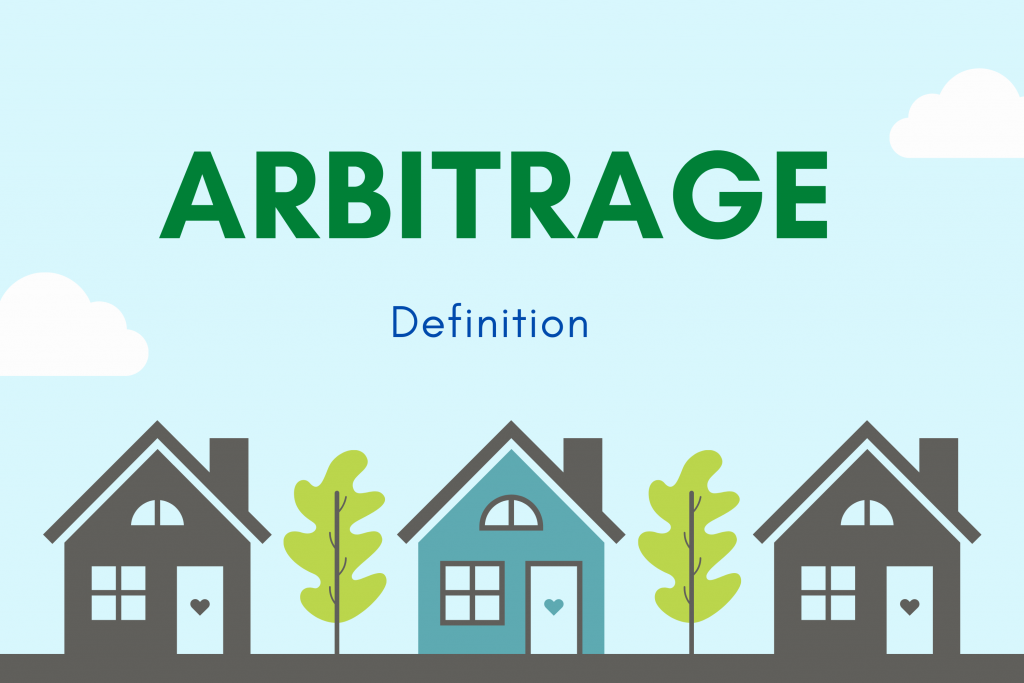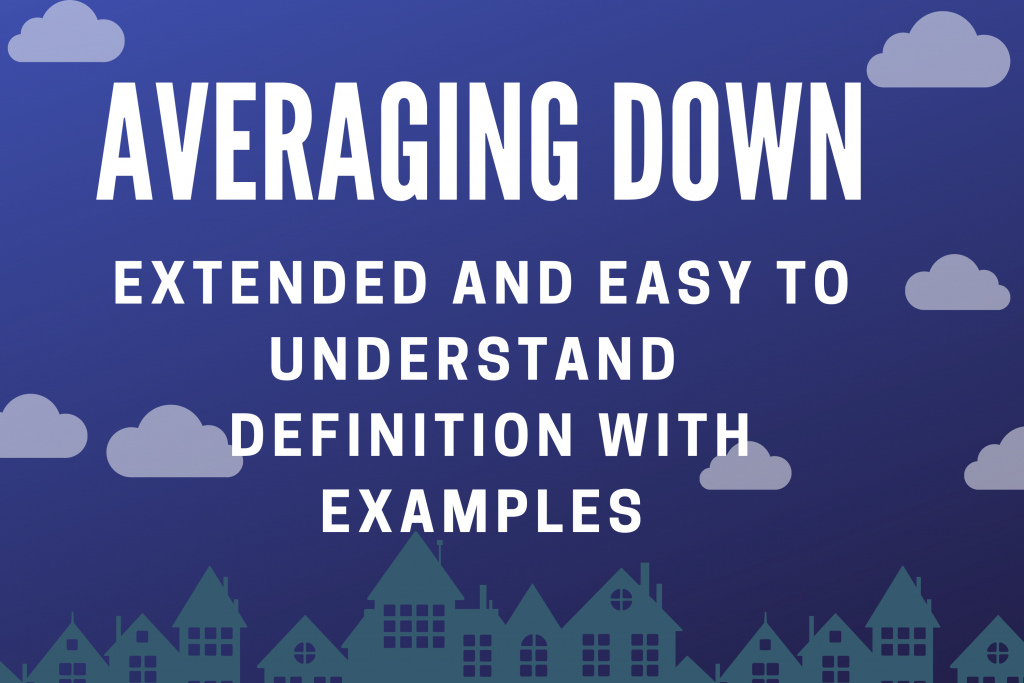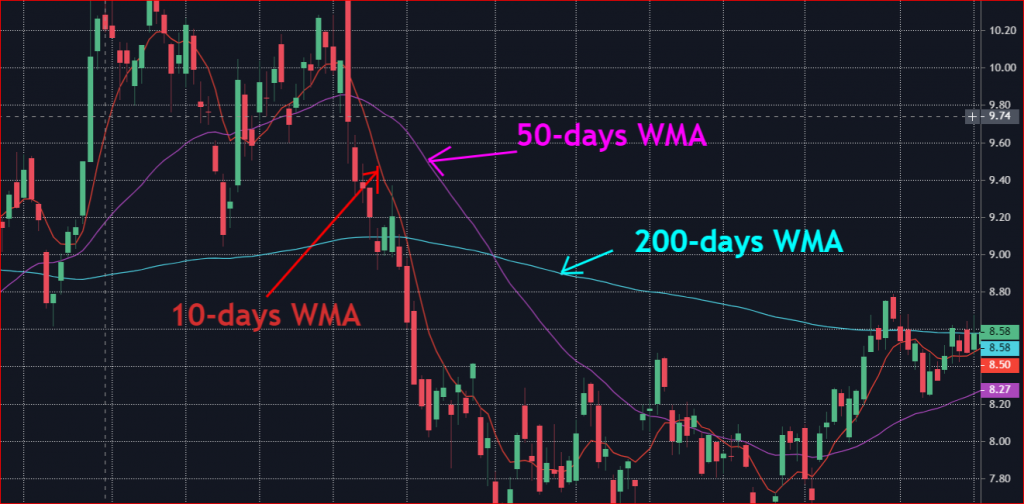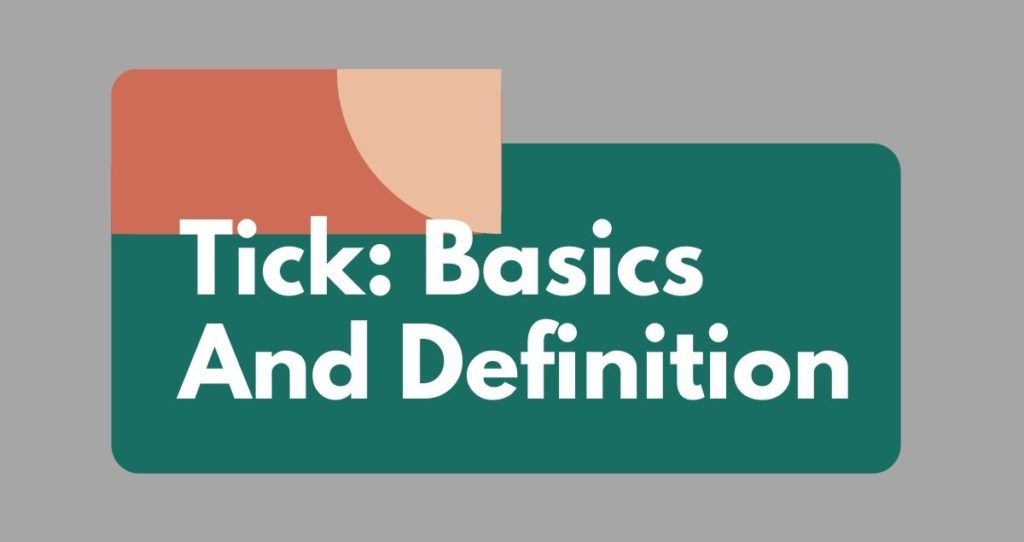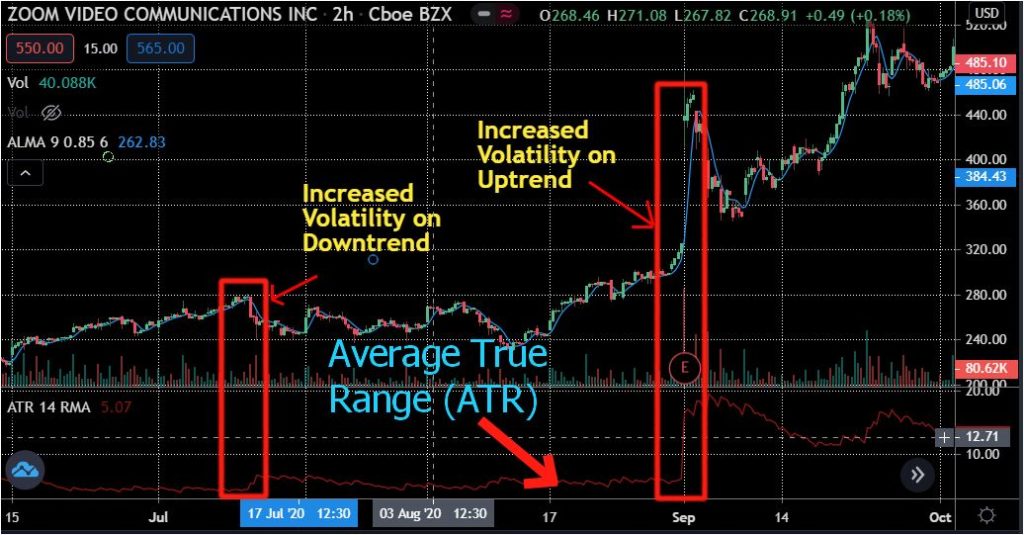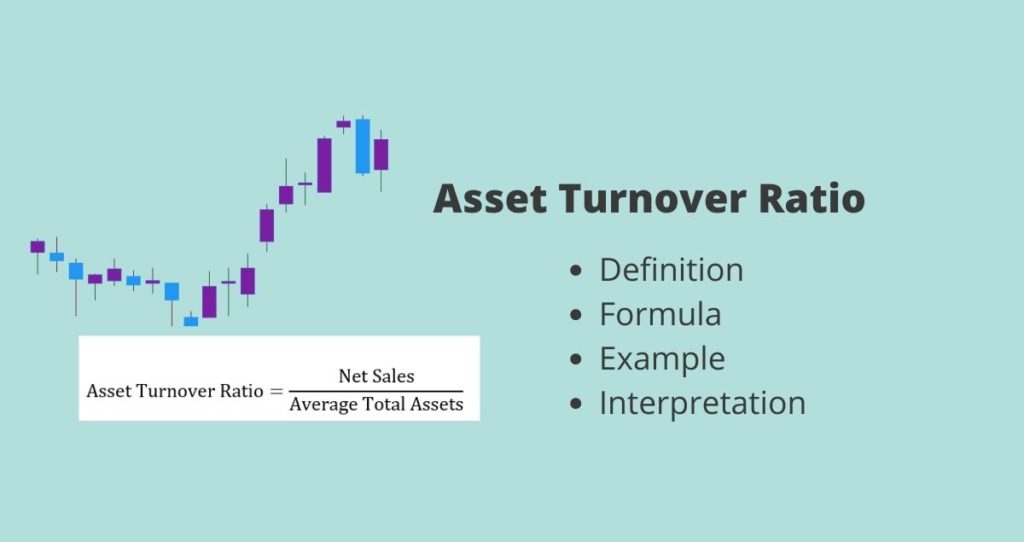What is an asset?
An asset is an item of ownership convertible into cash; total resources of a person or business, as cash, notes, and accounts receivable, securities, inventories, goodwill, fixtures, machinery, or real estate, according to dictionary.com. People, companies, or countries expect appreciation from assets or some kind of benefits from them.
A person who owns an asset has the legal right to convert them into other forms of assets. For example, you can sell your car to buy a house. It is possible to also have inflows of cash from your assets such as money you get from a rental property.
When you acquire an asset using a mortgage or a loan, you build equity in the asset as you pay your mortgage payments. Once you finish all your payments, you will have total ownership of the asset.
What are the types of assets?
Assets come in many forms, sizes, and values. The following are types of assets.
1. Current Assets
Current assets are assets that could be converted into cash in the near term or in less than 1 year.
Groups of current assets
- Cash
- Cash equivalent such treasury bills, commercial paper, short-term bonds
- Inventory
- Account receivables
- Prepaid expenses
2. Fixed assets
Fixed assets are resources that investors purchase for long-term use. It takes a long time to convert fixed assets into cash. Examples of fixed assets include but are not limited to buildings, equipment, and land.
3. Financial assets
Financial assets represent a group of investments investors make in companies’ assets and securities. For this reason, the success of these investments depends on the success of the assets in which these investments were made. If these assets appreciate, investors make money. Investors lose money if the opposite happens.
4. Intangible assets
Intangible assets are any assets with no physical properties. Examples of intangible assets include but are not limited to copyright, patents, and trademarks.
What are the benefits are assets?
There are many benefits of having assets to investors, businesses, or individuals. The following are some of the benefits of having assets.
- They increase your business in value
- Assets generate revenues through appreciation or direct revenues such as money from rental prosperities
- You can transform them into other forms of assets
- You can use them to get a mortgage
- Assets can protect you from inflation through appreciation


